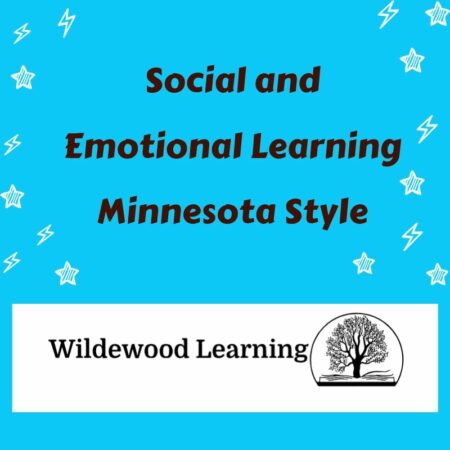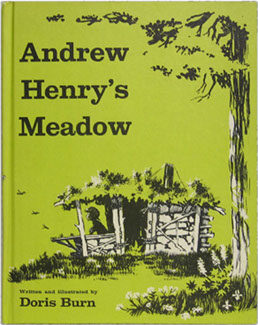Many things can bring me back to my childhood, however, nothing can do it better than a story I enjoyed during my youth. One of my favorite stories was Andrew Henry’s Meadow by Doris Burns. I loved that book and would read it over and over again. I remember snuggling next to my mom, requesting “Andrew Henry’s Meadow” to be read to me for the umpteenth time. The story really spoke to me through the pictures and words about Andrew Henry and his family.
Andrew Henry was the middle child in his family. Clearly his strengths of creativity and executing were not appreciated. He invented contraptions to help his family. However, his mother and father, twin older sisters and twin younger brothers did not see it the same way. They told Andrew Henry that he was just making a mess and spoiling their fun.
Andrew Henry took off with his tools and traveled to a wide open meadow. In the meadow he constructed a house that would meet his need for inventing. Very soon many of the village children came to his meadow with their passions, such as, bird watching, tuba playing and drama. Andrew built a home for each of them that would meet their particular interests and talents.
Very soon there was a village of homes, each unique to its owner’s passions and strengths.
When I go back to read a children’s book as an adult, many times a deeper meaning hidden by the author is revealed to me.
What is the deeper meaning of Andrew Henry’s Meadow?
- Is it as adults we don’t always understand or honor children’s passions and strengths?
- Is it our children each need their own part of the “meadow” to build the “house” that will fit their strengths?
- Maybe we each have our own passions and strengths to bring to our family or community to help each other, just like Andrew Henry did for the other children?
I believe that Andrew Henry speaks to me because it is a story about helping children recognize their own strengths and the strengths of others. I believe we are here to help each other create a community that honors each of the unique part we are to play in that community.
At the end of the story the families of the children are concerned. They search and find the little community of children with their homes. Everyone celebrates! Andrew Henry’s strengths are recognized by his family and he is given a room in his home in which to invent and create.
If choose to read Andrew Henry here are a few questions you can consider,
Do you recognize the strengths of the children in your classroom? Notice the interests that each have in and outside of class time.
How can you give the youth you guide “room” to grow their passions?
Read Andrew Henry’s Meadow to your students and ask your students if they were a part of Andrew Henry’s community, what would their home look like?
One of the core competencies of Social and Emotional Learning is self awareness of strengths. Literature is a great way to help students identify strengths by identifying the strengths of a character in a story. Through identifying the strengths of the character, students can identify their own strengths they bring to the community. What are other stories you can use to help students identify strengths?




